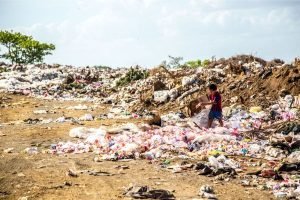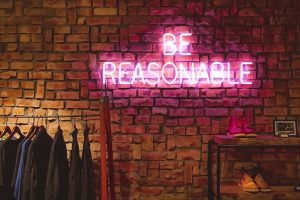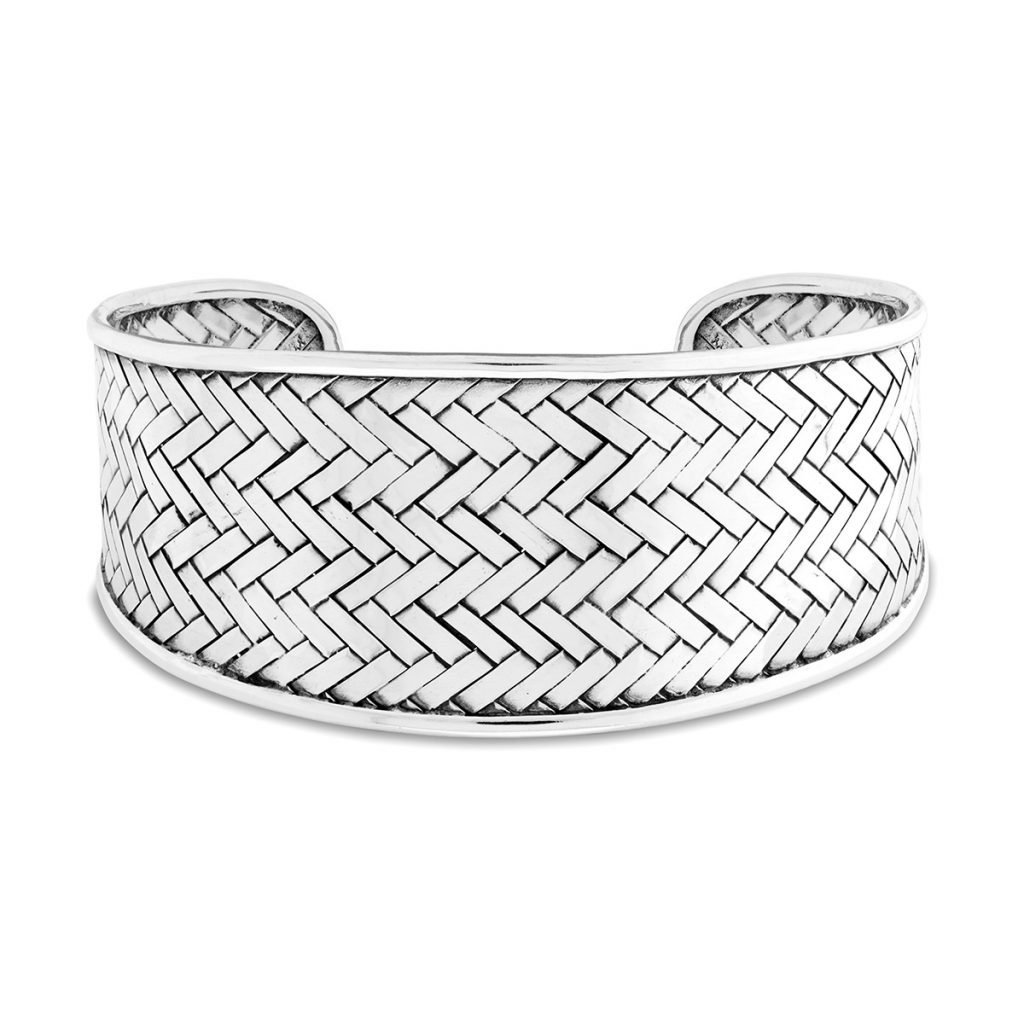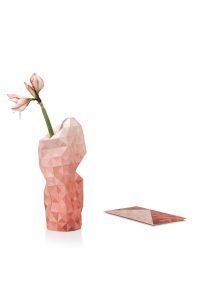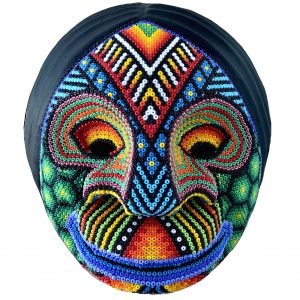This pink month we wanted to speak about how pollution might be leading us to more sickness than ever and how the fashion industry might be playing a role. We focused on breast cancer. Why? Because it is one of the most common cancers among women. And because, good news, 80% of those who develop breast cancer survive. At the end of the day: October is the Pink Month, the month of breast cancer awareness. So, let’s share and create awareness.
Would you believe me if I tell you that a more sustainable lifestyle can help you to decrease the risk of getting cancer? Keep reading!
WHAT IS BREAST CANCER?
According to breastcancer.org, breast cancer is an uncontrolled growth of breast cells. Normally, healthy new cells take over as old ones die. But over time, mutations can “turn on” certain genes and “turn off” others in a cell. That changed cell gains the ability to keep dividing without control forming a tumor (benign or malignant).
The number 1 risk factor of breast cancer is being a woman. Yes, men do develop breast cancer, but it is less than 1%. Women´s breast cells are very responsive to estrogen and other hormones, including hormone disrupters in the environment.
WHAT ARE HORMONE DISRUPTORS?
The women´s endocrine system is affected by everyday toxins and pollutants. These pollutants cause our hormones to act in a different way than they are supposed to function. Nowadays, it is impossible to avoid hormonal disruptors completely. However, a more organic, healthy and sustainable lifestyle can help you take care of your hormones, your overall wellbeing, and to tackle the possibility of developing breast cancer.
It is well known that fast fashion brands use chemical additives to improve the functionality of their products. According to The National Center for Biotechnology Information “benzothiazole can be released from textile materials, penetrate through the skin, and further enter the human body”. They found that the presence of textile contaminants entails potential health risks such as endocrine disruption.
Surely you have seen images of poor waste management of some fast fashion brands. Imagine the degree of exposure we are facing. Our whole environment is polluted with Endocrine Disrupting Chemicals (EDCs) which play a main role in cancer development.
ENOUGH IS ENOUGH
We are talking about cancer – including breast cancer- and many other body dysfunctions, such as psychological stress, obesity, type 2 diabetes, affection in thyroid function, reproductive health, low-birth weight due to high exposure during pregnancy, weaken immune systems, among others.
We strongly recommend you to take greater awareness of your buying decisions. Search deeper about the benefits and the disadvantages of the clothes you wear and the beauty products you use. Sustainable fashion brands produce cleaner clothes. Chih Ann Lee wrote in a research published by Greenpeace, that some of the chemicals widely used in the textile industry are toxic: “Studies have shown that alkylphenols, found in a range of products such as leather and textile finishers and in some detergents, contaminate children before and after birth”.
Let’s dig into the Business Insider article “A toxic- chemicals expert is sounding the alarm about 4 cancer-linked chemicals that could be making us sicker and fatter”. The endocrine-disrupting chemicals that we should be more worried about are in our carpets, clothes, canned and packaged foods, cosmetics, and even receipts.
Every moment of the day your skin comes in contact with countless pieces of paper, plastic, fabrics, and furniture. Phthalates, the chemical that helps make plastics more flexible and durable, are also a high danger. You can find them in raincoats, hair spray, nail polish, food packaging, and toys. “It is an endocrine disruptor and can cause cancer”.
WE ARE NOT ALONE
At this stage, we must think not only of us as end-users of the garments or items. Think of the cotton farmers exposed to toxic chemicals and fertilizers. Think of the garment factory workers that are using dyes that are terrible for the health, end in the drain and later reach their rivers, poison their crops, and eventually the sea. There are long supply chains that make us feel disconnected from one another but trust me, all these people exist.
Apart from the bad news, it is important to say that manufacturers, retailers, and state lawmakers have started to pay more attention to these hormone disruptors. Yes, we still have much more to do. But, isn’t it great that everyday companies, designers and consumers look for cleaner and more favorable options for our health and our environment?
HOW TO TACKLE BREAST CANCER?
- Maintain a healthy weight. Stay physically active and choose a balanced diet.
- Avoid stress.
- Quit smoking. NOW!
- Limit alcohol.
- Avoid canned and processed foods. Say hi to slow food! and take your time to enjoy the process of preparation and eating!
- Say no to paper receipts.
- Do not microwave plastic containers and do not put them in a dishwasher. If you can, avoid plastics altogether. Glass containers are much better.
- Incorporate iodine-rich foods. Eat lots of cranberries.
- Chose phthalate-free cosmetics and other beauty products.
- Opt for naturally flame-resistant fibers, like wool instead of chemically treated cloths. In other words, shift to a sustainable wardrobe.
We need to speak loud and clear about the relationship between our clothes and our health. Choose your health, choose a more sustainable lifestyle.
LIKED THIS ARTICLE AND WANT TO LEARN MORE?
Read these other articles and if you want us to research any particular topic, let us know!
https://goshopia.com/climate-change-is-a-reality/
https://goshopia.com/un-sustainable-fashion-ii-the-2-challenges-of-our-clothes/
https://goshopia.com/25-sustainable-fashion-books/



